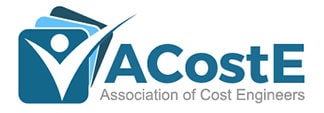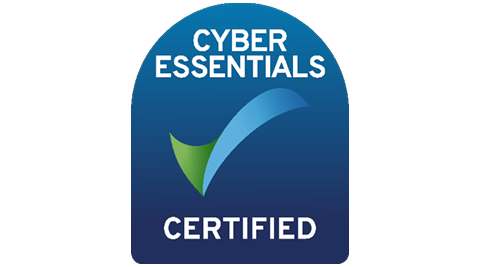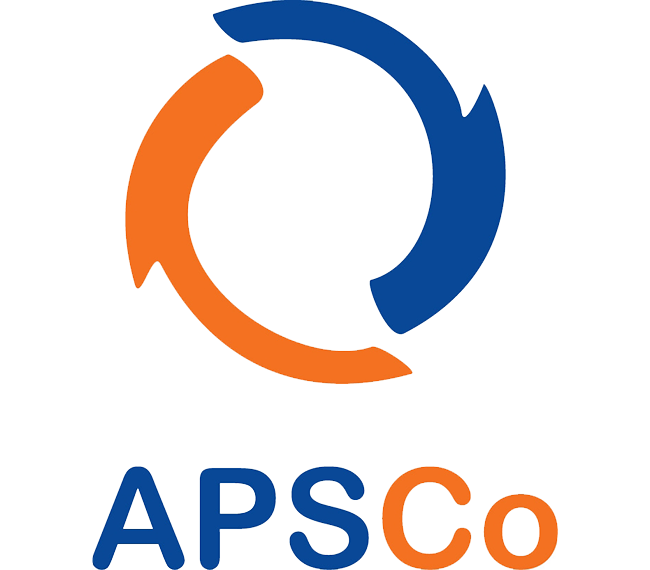The rise of Industry 4.0 brings with it a transformative impact on the manufacturing landscape. It is defined by advancements such as IoT, AI, robotics, and advanced analytics that interconnect and revolutionise production processes. However, the onset of this digital revolution also presents unique challenges, particularly in the field of human resources and recruitment. Today, we delve into the intricacies of recruiting staff for Industry 4.0.
Skill Gap
Perhaps the most glaring issue in recruiting for Industry 4.0 is the profound skills gap. As manufacturing processes become more digital, the demand for workers adept in these advanced technologies has spiked dramatically. These positions require knowledge in areas like data analysis, machine learning, cybersecurity, and cloud computing—skills that are not traditionally associated with manufacturing.
Change Management
Change management is another significant challenge. The transition to Industry 4.0 is not just about the integration of new technologies—it's also about the human aspect. Employees may resist change due to fear or uncertainty. For recruiters, finding candidates who are adaptable, open to new technologies, and capable of helping others navigate through changes is crucial.
Retraining and Upgrading
Training current employees to adapt to new technologies is an alternative to hiring new staff. However, retraining can be a time-consuming and costly process. Companies need to ensure that the cost of retraining doesn't outweigh the benefits it brings. Additionally, motivating existing staff to learn new skills and leave their comfort zones can be a challenge.
Attracting the Right Talent
The manufacturing sector, often perceived as traditional and slow-moving, may struggle to attract the dynamic, tech-savvy workforce necessary for Industry 4.0. Companies must work on changing this perception and promoting the innovative, cutting-edge nature of modern manufacturing to draw in the right talent.
Overcoming the Challenges
Overcoming these recruitment challenges requires a strategic approach. Here are a few strategies:
- Collaboration with Educational Institutions: Companies can partner with universities and vocational schools to ensure that the curriculum aligns with the skills required in Industry 4.0.
- In-house Training and Development: By offering regular training sessions, workshops, and courses, businesses can help their employees upgrade their skills and adapt to new technologies.
- Promote Manufacturing as a High-Tech Industry: Through effective marketing and branding, companies can alter the outdated image of manufacturing, highlighting the industry's exciting, tech-driven prospects.
- Foster a Culture of Lifelong Learning: Encouraging employees to continuously learn and adapt to new technologies can help make the transition to Industry 4.0 smoother.
In conclusion, recruiting for Industry 4.0 is undoubtedly challenging, but with a strategic approach, it's far from impossible. By proactively addressing the skills gap, managing change effectively, and promoting a culture of continuous learning, businesses can assemble a workforce ready to thrive in the era of Industry 4.0.
At Scantec, we prioritise selecting the perfect fit for your business.
Our recruiters take time to review the hard and soft skills of each applicant in order to select someone that will thrive in their new role and embrace every challenge that comes their way.
If you are currently hiring and would like further advice on identifying the best employee for the job, get in touch with Scantec today.







